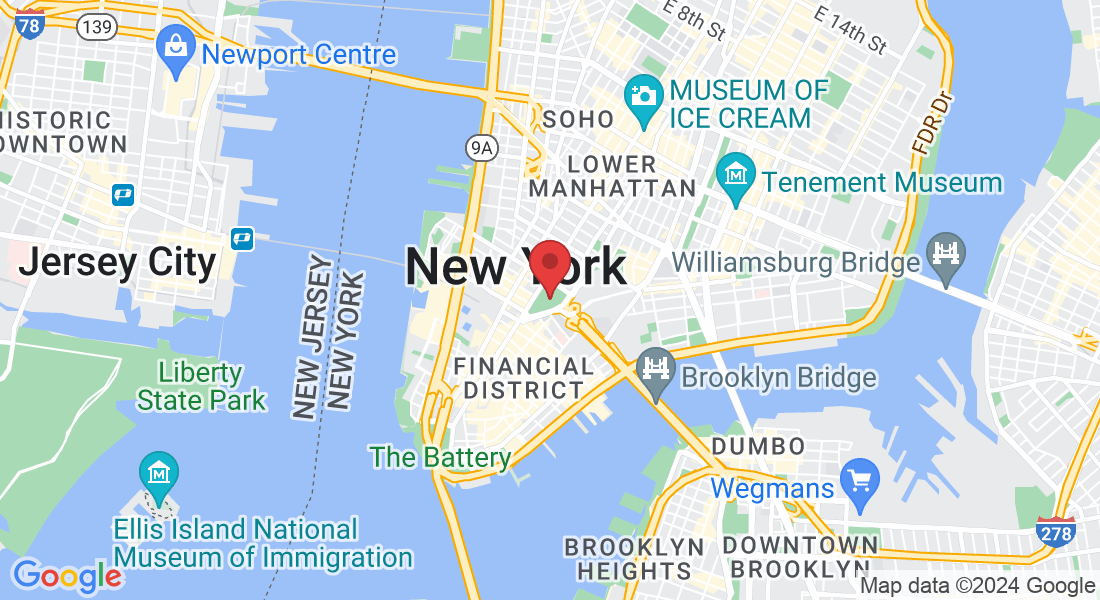THE RIGHT WORDS
AT THE RIGHT TIME
WITH CONFIDENCE
THE RIGHT WORDS
AT THE RIGHT TIME
WITH CONFIDENCE
Get the acclaimed handbook
for public relations and public information pros
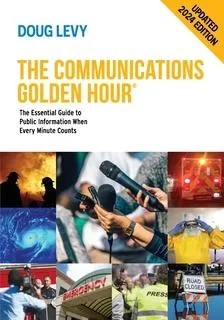
The Communications Golden Hour:
The Essential Guide to Public Information When Every Minute Counts
Doug Levy
Expert Insights on Presentations, Data Breaches, and Legal Developments in Social Media: Doug Levy's Latest Blog Posts

Elements of Responsible AI Policies
A well-crafted AI policy goes a long way toward providing everyone with comfort about AI and how to use AI tools to improve business efficiency while staying safe. ...more
Best Practices ,Municipal Government &Corporate Communications
January 29, 2025•7 min read

Election brings misinformation storm
Federal officials warn of torrent of misinformation in three days leading up to the U.S. presidential election. This post includes guidance on combatting misinformation. ...more
Best Practices ,Cybersecurity
November 05, 2024•3 min read
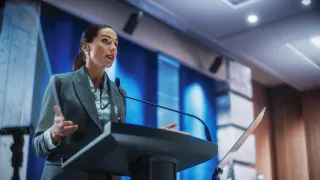
Presentation Secrets Revealed
Presentation coach Doug Levy shares some tips on how to be a more effective speaker in front of an audience. ...more
Best Practices ,Presentation Skills
July 12, 2024•0 min read

Clear language key to data breach communications
The latest AT&T data breach disclosure shows clear communication about what happened. ...more
Best Practices ,Cybersecurity Corportate Communications &Crisis Communications
July 12, 2024•1 min read
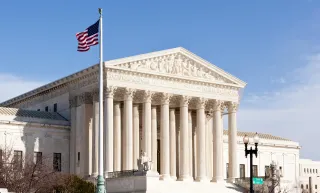
Supreme Court clarifies when public officials can block critics from social media
The Supreme Court established a test to determine when a public official may be allowed to block people or delete comments from their personal social media accounts. ...more
Social Media ,Constitutional Law Best Practices &Municipal Government
March 19, 2024•5 min read
Communications Golden Hour® Workshops
Get your team ready for any communications challenges ahead with a customized workshop based on the Communications Golden Hour method. By focusing on what needs to happen in every situation, your team can confidently address each new situation, knowing they can craft the right messages and deliver them effectively.
Key messages
Reputation strategy
Media relations
Internal communications
Leadership support
Crisis preparedness
Artificial intelligence (AI)
Social media
Community engagement
Learn how to confront misinformation and deliver effective messages
Doug In The News
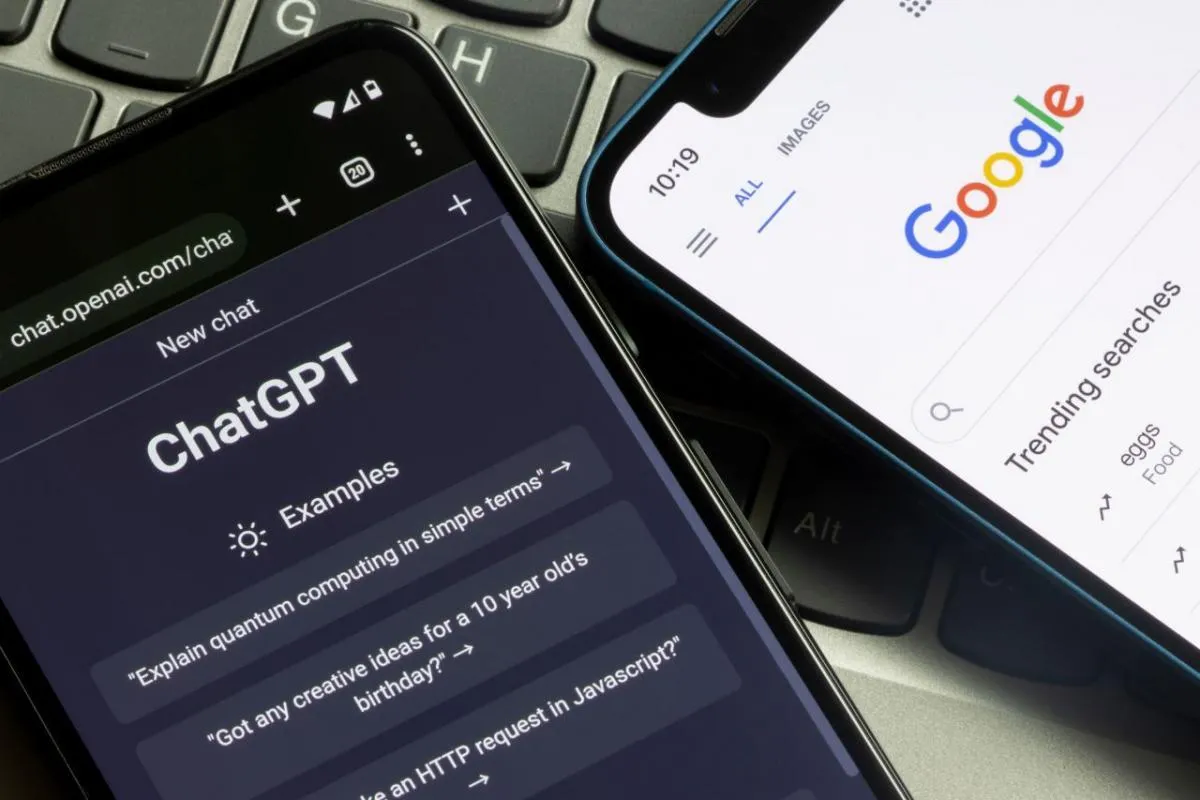
"For government officials,
the potential for generative AI to create
misinformation on a large scale
is only part of the calculus.
AI can distribute and amplify information, especially if it is trained to follow previously established patterns."
Just as public officials had to master social media, today’s government officials are in the same position with artificial intelligence. For government officials, the potential for generative AI to create misinformation on a large scale is only part of the calculus.... Instead of spending several minutes creating a social media post, city officials can use AI to create 10 posts tailored to specific audiences in seconds..... If there is an emergency, the faster and better you get your content out, the harder it is for misinformation to dominate and confuse.
Know what to say & how to say it
Whether you are a government public information officer, a corporate public relations professional or a leader in any organization, you must have the skills and confidence to step in front of any audience. In the 20 years since I left daily journalism, I've been coaching academic, nonprofit, corporate and government leaders so that they are able to deliver important information - clearly and confidently. I'm eager to help you prepare for media or other public interactions, internal presentations or anything else.
decades of solid experience
I began my career as a broadcast journalist in the 1980s, eventually covering the federal government and other beats for national media outlets based in Washington, D.C. From 1993-1999, I was a reporter for USA Today, covering healthcare, science and technology.
After leaving journalism in 2000, I started my second career as a corporate communications consultant. I've specialized in crisis communications across many different industries.
My clients have included organizations that experienced violence directed at scientists or leaders, public protests and criminal or ethical lapses, as well as companies facing more “routine” crises such as industrial accidents or customer injuries, product liability or other litigation, and executive or corporate transitions.

AWARD WINNING JOURNALIST
My investigative reporting won numerous honors, including a Peabody Award in 1987 for a documentary series that probed how "superstar" charities collected, used or misused millions of dollars donated for Ethiopian famine relief, family farm support and reducing hunger and homelessness across the USA. We discovered an enormous variation in the amounts and kinds of relief delivered by each charity.
Other honors were for broadcasts or articles on topics such as life-saving organ donations, consumer fraud, chemical weapons disposal and the secret scientific work done by the tobacco industry.
Lorem ipsum dolor sit amet, consectetur adipiscing elit. Vivamus eget semper sem. Quisque sed convallis quam.
Lorem ipsum dolor sit amet, consectetur adipiscing elit. Vivamus eget semper sem. Quisque sed convallis quam. Nulla lacinia massa non orci mollis lacinia. Aenean sodales blandit elit et ultrices. Duis lobortis arcu a eros tincidunt, non tincidunt felis laoreet.
Managing Your Career Development
Leading with Finance
Harvard Business School Collection
02
Innovative
Business is Our
Sphere
7.158
HAPPY CLIENTS
2.324
PROJECTS FINISHED
5.282
COUPS OF COFFEE
3.129
WORKING HOURS
03
We provide High
Quality Services
Lorem ipsum dolor sit amet, consectetur adipiscing elit. Vivamus eget semper sem. Quisque sed convallis quam. Nulla lacinia massa non orci mollis lacinia. Aenean sodales blandit elit et ultrices. Duis lobortis arcu a eros tincidunt, non tincidunt felis laoreet.
Banking Consulting
Lorem ipsum dolor sit amet, consectetur adipiscing elit. Vivamus eget semper sem. Quisque sed convallis quam. Nulla lacinia massa non orci mollis lacinia. Aenean sodales blandit elit et ultrices. Duis lobortis arcu a eros tincidunt, non tincidunt felis laoreet.
Juridical Help
Lorem ipsum dolor sit amet, consectetur adipiscing elit. Vivamus eget semper sem. Quisque sed convallis quam. Nulla lacinia massa non orci mollis lacinia. Aenean sodales blandit elit et ultrices. Duis lobortis arcu a eros tincidunt, non tincidunt felis laoreet.
OUR TEAM
Meet Our Awesome Team

John Doe

John Doe

John Doe

John Doe
Testimonials
Doug is an excellent communication strategist with strong political and business acumen. His diverse background and organization experience make him a valuable resource to the much broader organization. I worked with Doug on UCSF-wide emergency management policy issues, as a communication advisor to the police department on use of social networking media, on public safety issues impacting the UCSF School of Medicine, among other initiatives. Doug is an outstanding manager - creative, ethical, committed to the good of the group - with excellent follow- through. He's a go to guy who can be counted on to get things done. I recommend him highly.

Pam Roskowski
Former police chief, univ. of calif.
Doug is an incredible partner. I always enjoyed working on projects with him, often under tense and challenging circumstances. He’s strategic, whip smart and a talented writer, bringing valuable insight as a former journalist and, in particular, expertise in health care issues. Most importantly, Doug is able to manage difficult issues while maintaining a great sense of perspective and humor.

Sandra Chu
corporate communications executive
Frequently Ask Question
Your Title Here
Lorem ipsum dolor sit amet, consectetur adipisicing elit. Autem dolore, alias, numquam enim ab voluptate id quam harum ducimus cupiditate similique quisquam et deserunt, recusandae.

Your Title Here
Lorem ipsum dolor sit amet, consectetur adipisicing elit. Autem dolore, alias, numquam enim ab voluptate id quam harum ducimus cupiditate similique quisquam et deserunt, recusandae.

Your Title Here
Lorem ipsum dolor sit amet, consectetur adipisicing elit. Autem dolore, alias, numquam enim ab voluptate id quam harum ducimus cupiditate similique quisquam et deserunt, recusandae.


